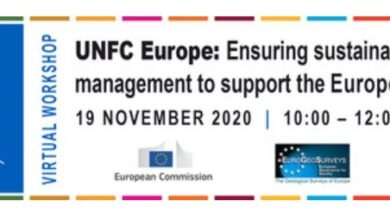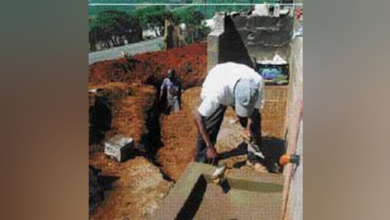Explore Environmental Studies and Environmental Science at Elon

Environmental Studies at Elon: The Intersection of Environmental Science and Society
Our global society faces a wide range of coupled environmental and social challenges, including climate change, biodiversity loss, and air and water pollution that undermine our health and wellness and threaten the future of life on our planet. These challenges are not experienced equally by all, as environmental racism, gender and class inequities and other forms of injustice impact the distribution of hazards and the financial, political and social capital available to impacted communities.
Environmental studies professionals, students and faculty embrace these challenges as opportunities to reconsider our collective relationship with nature, better understand natural and social systems and collaboratively envision local, national, and international solutions.
Degree Programs
In Environmental Studies at Elon, students take a balanced, interdisciplinary core of classes in all three majors, considering the environment from science, social science and humanities perspectives. Each degree program then allows students to specialize in one of these three different perspectives:
Popular and affiliated minors pursued by ENS majors:
Signature Experiences
- Students in all three programs complete an internship and/or participate in mentored undergraduate research, which help students develop their professional networks, hone their skills and develop their resumes in preparation for future job or graduate school applications.
- After completing the gateway Introduction to Environmental Science and Humans & Nature courses, all majors and minors take Strategies for Environmental Inquiry, a process-focused class that helps them develop their skills as changemakers.
- Finally, the program culminates in a capstone Senior Seminar, in which students work in teams to develop a community-based project, much as they might in a professional setting. In past seminars, students designed disaster relief housing modules, built community gardens to provide fresh food to low-income communities in local food deserts and assisted a local community in incorporating heirloom wheat varieties for distinctive bakery products.



